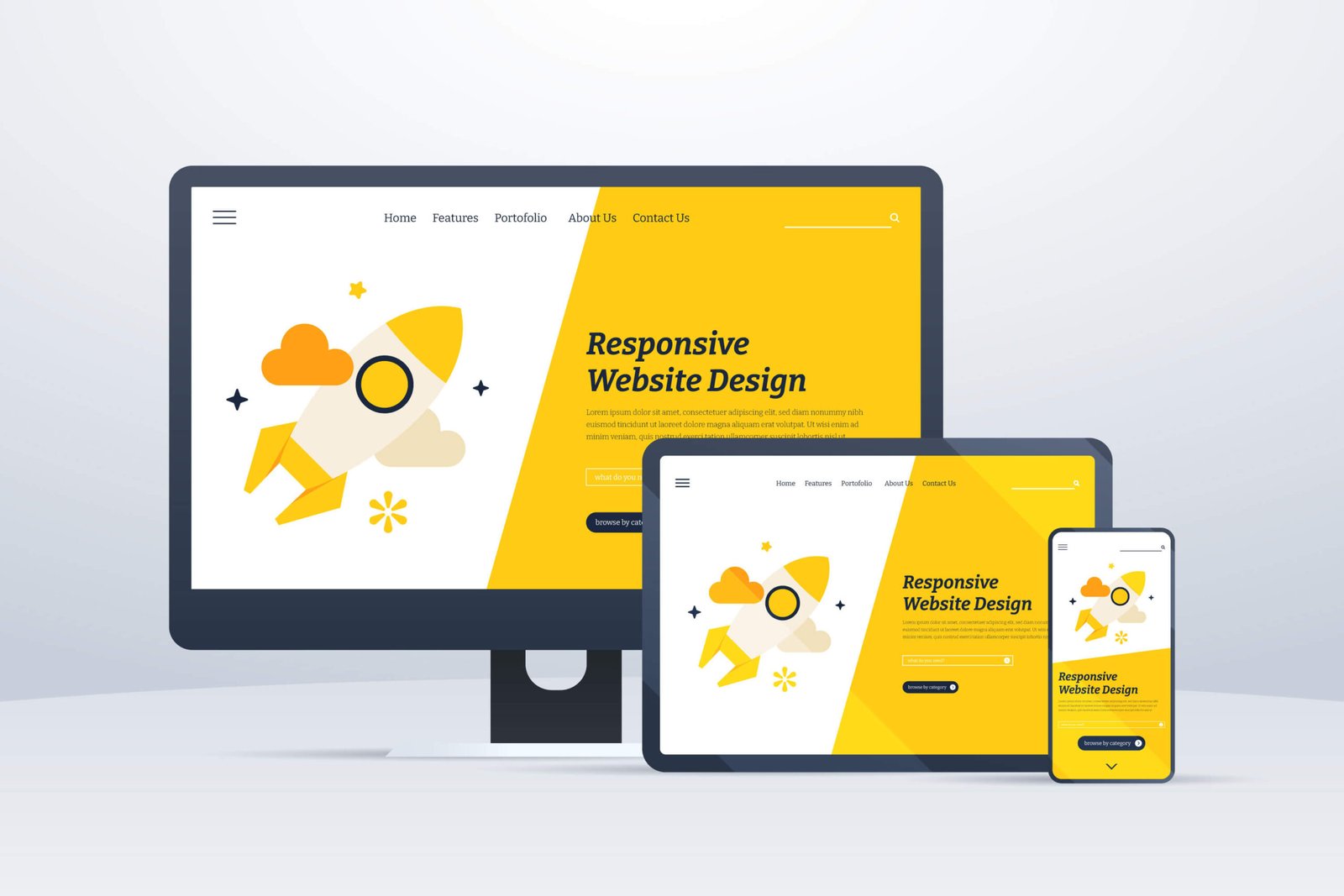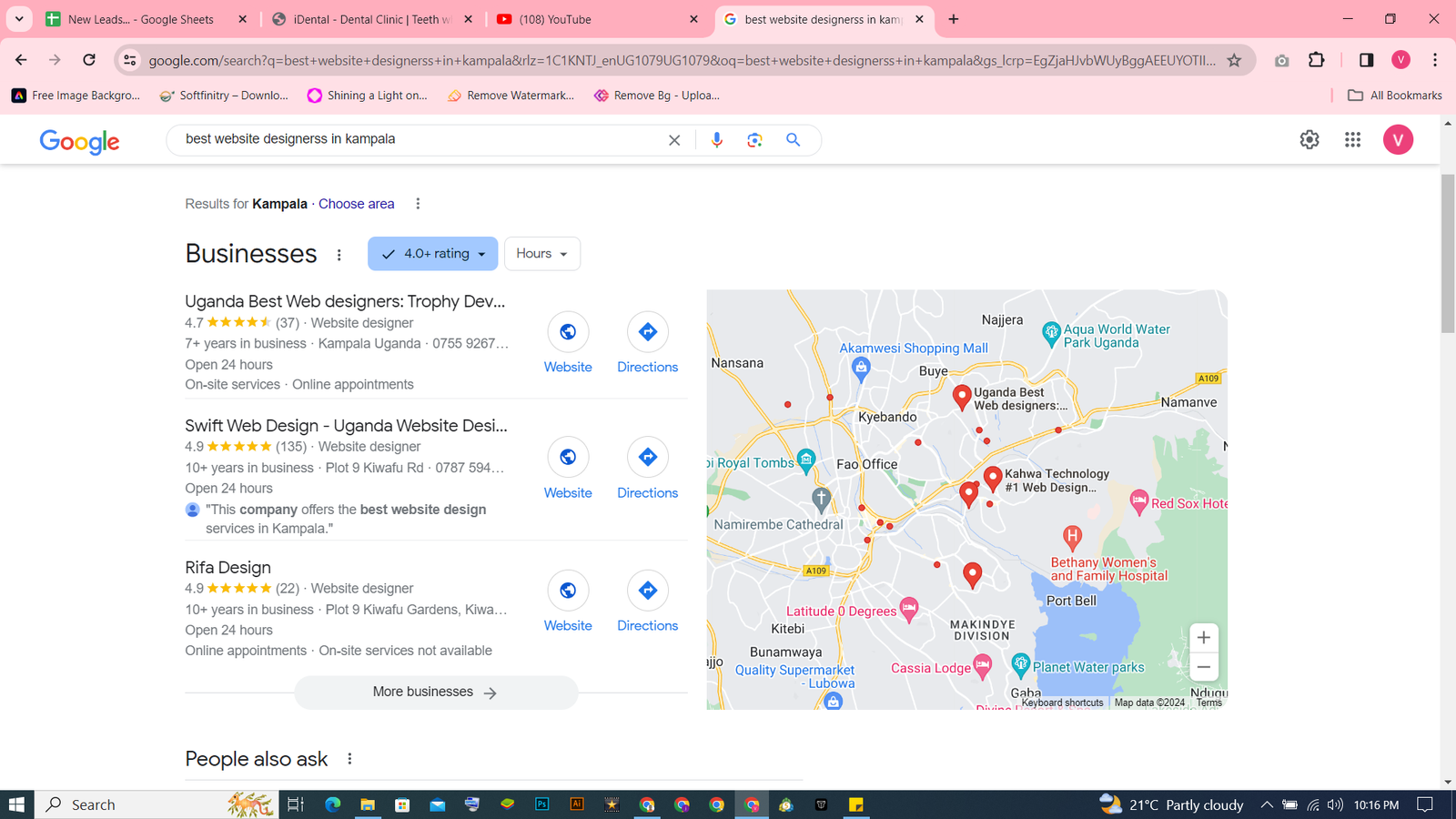In the present-day digital world, a thriving website is essential for any business’s prosperity and continuity. Regardless of the size of your business, your website acts as the digital storefront and is frequently the initial point of interaction for prospective customers. Hence, it is imperative to ensure the success of your website project. To assist you in achieving that goal, we have compiled a comprehensive guide that will help you secure the triumph of your website project and elevate your business’s online presence.
1. Define Clear Goals and Objectives
Before commencing your website project, it is crucial to establish well-defined goals and objectives. Take a moment to consider what you hope to accomplish with your website. Do you intend to enhance brand recognition, generate leads, increase revenue, or enhance customer interaction? Having a distinct vision will serve as a roadmap throughout the entire website development process, ensuring that it is in line with your company’s objectives.
2. Understand Your Target Audience
To achieve success with your website, it’s crucial to have a deep understanding of your target audience. This requires conducting comprehensive market research to identify your target demographic, including their preferences, pain points, and online behavior. By gaining insight into your audience’s needs and motivations, you can create website content, design, and user experience that effectively resonates with them.
3. Choose the Right Platform
Choosing the appropriate platform for your website is of utmost importance. When selecting a platform for your website, it is crucial to consider various factors. Firstly, scalability, flexibility, customization options, and ease of use are among the most important factors to consider. Content Management Systems (CMS) such as WordPress, Drupal, or Joomla provide versatile features and flexibility. On the other hand, website builders like Wix and Squarespace offer a user-friendly approach to website building. Therefore, it is recommended to select a platform that aligns with your technical prerequisites and long-term objectives. To sum up, taking into account these factors and evaluating the suitability of each platform will help you make an informed decision.
4. Focus on User Experience (UX)
When it comes to ensuring the success of your website project, you cannot overstate the importance of user experience (UX). It’s important to ensure that your website is not only visually appealing but also easy to navigate and intuitive across all devices. Investing in responsive design is a prudent move to create a seamless user experience on desktops, laptops, tablets, and smartphones. To detect potential usability issues and optimize the user journey for maximum engagement and conversions, experts recommend conducting usability testing.

5. Optimize for Search Engines (SEO)
Optimizing your website for search engines, also known as search engine optimization (SEO), is crucial to improving its visibility and ranking in search results. To achieve this, it’s important to conduct thorough keyword research to identify the most relevant keywords and phrases related to your business and target audience. To optimize your website’s search engine ranking, it is important to focus on on-page elements such as meta tags, headings, URLs, and image alt attributes. Furthermore, creating high-quality and relevant content that incorporates your targeted keywords is crucial in attracting organic traffic. By implementing these strategies, you can improve your website’s visibility and increase its chances of being ranked higher in search engine results pages.
6. Create High-Quality Content
In the digital world, the importance of content cannot be overstated. To create compelling and valuable content, it is imperative to develop a comprehensive content strategy. This strategy should encompass a range of multimedia formats, including blog posts, articles, videos, and infographics. Moreover, it is crucial to keep your content up-to-date and relevant to sustain your audience’s interest and encourage repeat visits.
7. Implement Effective Calls-to-Action (CTAs)
Direct your website visitors towards desired actions by incorporating clear and compelling calls-to-action (CTAs) into your design. Whether your goal is to increase newsletter subscriptions, resource downloads, or purchases, it’s crucial to place CTAs prominently and strategically throughout your website. Utilize persuasive language and visually appealing design elements to foster user engagement and drive conversions.

8. Monitor and Analyze Performance
You should consistently monitor your website’s performance by using web analytics tools such as Google Analytics. You can track important metrics like traffic, bounce rate, and conversion rate. Analyzing the data provides valuable insights into your website’s effectiveness. You can identify areas for improvement and refine your website strategy. Continuously optimize its performance using data-driven insights.
Conclusion
Ensuring the success of your website project requires effective strategies that cater to your intended audience. To get started, establish clear objectives and make sure you understand who your audience is. It’s also important to optimize your website for search engines and track its performance. By allocating your time, energy, and resources towards your website project, you can enjoy the benefits of a finely-tuned online presence. Remember, every step is crucial to creating a winning website.








